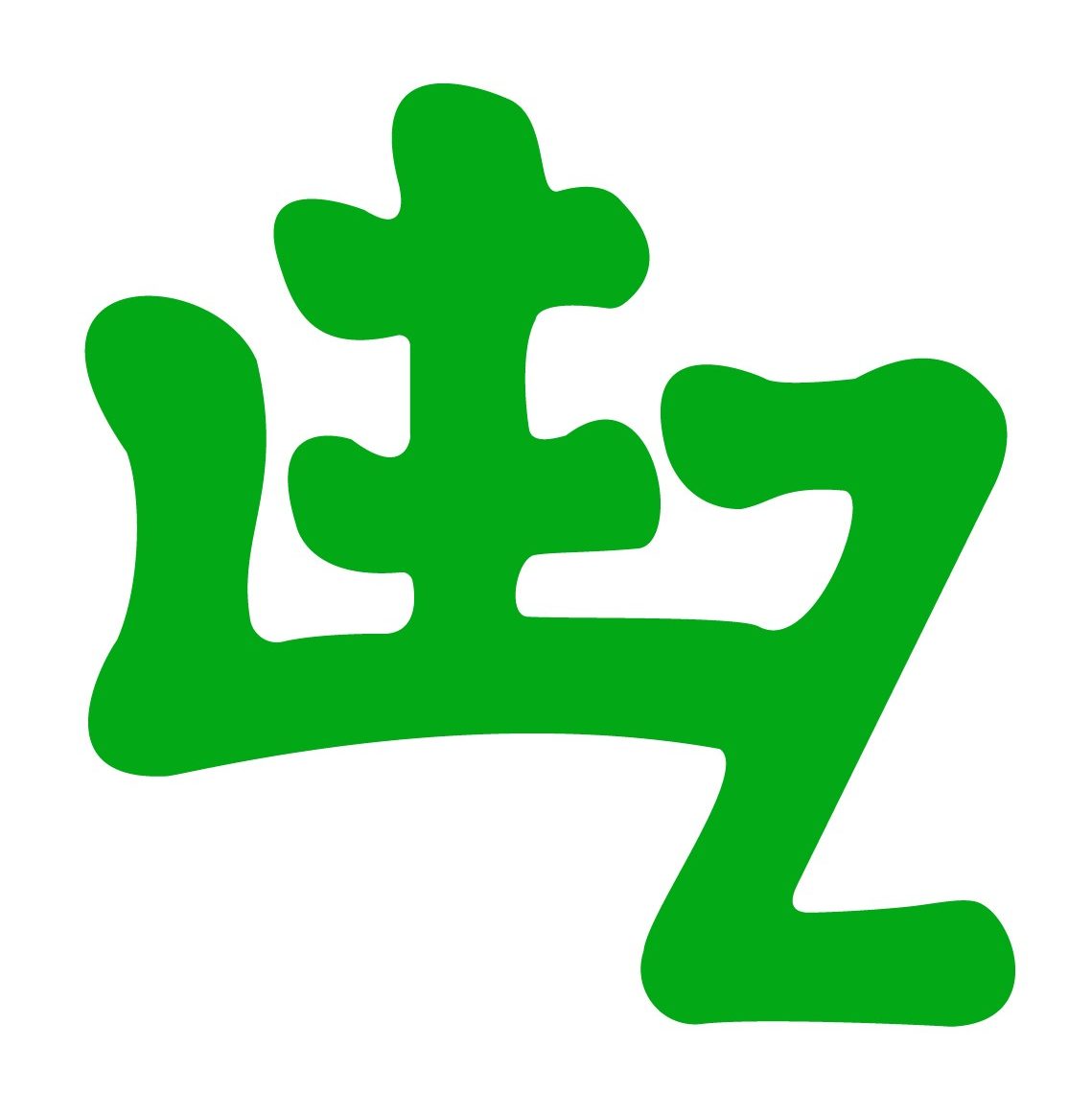ECura Advances the Development of the Yi Language’s Multimodal Parallel Corpus Platform
In July 2024, Dr Lijuan Qian visited Shanghai Yizhe Information Technology Co., Ltd., a provider of multilingual corpus and intelligent translation platform. The meeting was hosted by Mr. Jing Zhang, the CEO of Yizhe Tech, and attended by other senior executives. Dr. Qian and Yizhe Tech discussed the current status of the preservation of low-resourced languages, such as the Yi language. Additionally, they exchanged views on frontier AI-based technologies such as natural language processing and the use of automatic speech recognition of minority languages in the preservation of orally transmitted cultural heritage. This meeting not only laid the foundation for future cooperation between ECura and the industry but also opened new avenues for interdisciplinary academic exchanges in the digitization and preservation of low-resource languages and intangible cultural heritage.


Written and edited by Jin Dai
New Intelligent Collection Feature on YiCorpus: Build a High-Quality, Personalized Monolingual Corpus
YiCorpus has launched a new intelligent collection tool designed to automatically gather and clean large volumes of data based on user needs. Whether you’re navigating vast datasets, searching for precise information, or visualizing the collected data, YiCorpus is here to help you efficiently build a high-quality, personalized monolingual corpus. The intelligent collection tool offers three modes: full web collection, single-site collection, and link list collection, catering to your diverse data-gathering needs. Click the link to learn more details about the newly launched function […]

Written and edited by Jin Dai
China Language Resources Protection Research Center (Yubao 语宝)
Founded in March 2015, the China Language Resources Protection Research Center is a research center under the National Language Commission and is affiliated with Beijing Language and Culture University (BLCU). The center’s development goal is to become China’s leading center for language resources survey and research, preservation and display, development and application, and talent training. The center aims to establish a new type of think tank that serves society and the country.
Through the center, you can access information about:
- The provided standards for language resources protection under the guidance of language science theory.
- The latest information on the organized investigation and protection of language resources using modern technology.
- The research results based on the first phase of the “Language Protection Project” from 2015 to 2020, which includes tasks on:
- A survey of language resources in China.
- Construction of the Chinese Language Resources Platform.
- Chinese Language Resources Protection Research.
Access more information about the center by visiting the official website […].
Yunnan Minority Languages and Cultures Website/Application
The Yunnan Minority Languages and Cultures Website, operating under the Yunnan Provincial Committee for Ethnic Minority Language Work, is dedicated to promoting and safeguarding minority languages and cultures. It undertakes various roles such as disseminating laws and policies on minority languages, safeguarding language rights, supervising standard language usage, and fostering cross-disciplinary collaborations.
The website undertakes extensive data collection on 23 ethnic minority languages including Yi, Dai, Miao, Bai, and Hani, offering a vast repository of lexical materials, audio recordings, and multimedia content. Based on the achievements on the website, an app mini-program named “Ethnic Language Inheritance and Protection Voice Electronic Dictionary” has been developed. This app provides direct access to these resources through expert-reviewed content.
To access this app and utilize the available resources, you can search for “民族语言传承保护有声电子词典” on WeChat or visit the official website: 云南少数民族语言文化网

Written and edited by Keyi Liu
Audios Collection on Meige
The ECura team collaborates with Meige culture bearer Xiaowei Guo and shares Meige audio recordings. The Meige audio was collected by Guo Xiaowei between 2009 and 2019 in the Chuxiong Yi Autonomous Prefecture of Yunnan, documenting the Meige singing of Yi folk musicians. The collected audio serves as the foundational material for Guo’s compiled series of books on Meige, which is divided into four main themes: Meige Sadness, Meige Origins, Meige Rituals, and Meige Love Songs. ECura has translated the titles of each audio recordings and compiled the duration. Detailed information on the audio content is available in the document on the right. If you are interested in the content of these audios and would like to listen to them further, please feel free to contact the ECura project team.
Translated and edited by Jin Dai
Yi Multilingual Parallel Corpus
The ECura project team has a long-term academic plan to establish an open-accessed multilingual parallel corpus platform based on the content of the Meige Epics. As part of this plan, the team is conducting initial work on the collection, editing, and translation of texts and audios to serve as the foundation for the planned corpus platform. This initial work includes translating the Yi script found in the Meige epics into Mandarin Chinese and English, with annotations in the International Phonetic Alphabet (IPA). The Yi collaborative community comes from Mayou village has been invited to sing Meige tunes that include Yi script. ECura project team collects these tunes and then translates them into Mandarin Chinese and English accordingly. The main contributors to the Meige tunes are Yi villagers from Mayou, including Luo Rong Xiu, Guo Zian, and Guo Zhengjun.
ECura will share the initial results of this work and will provide continuous updates. Visit the corpus via the link.

